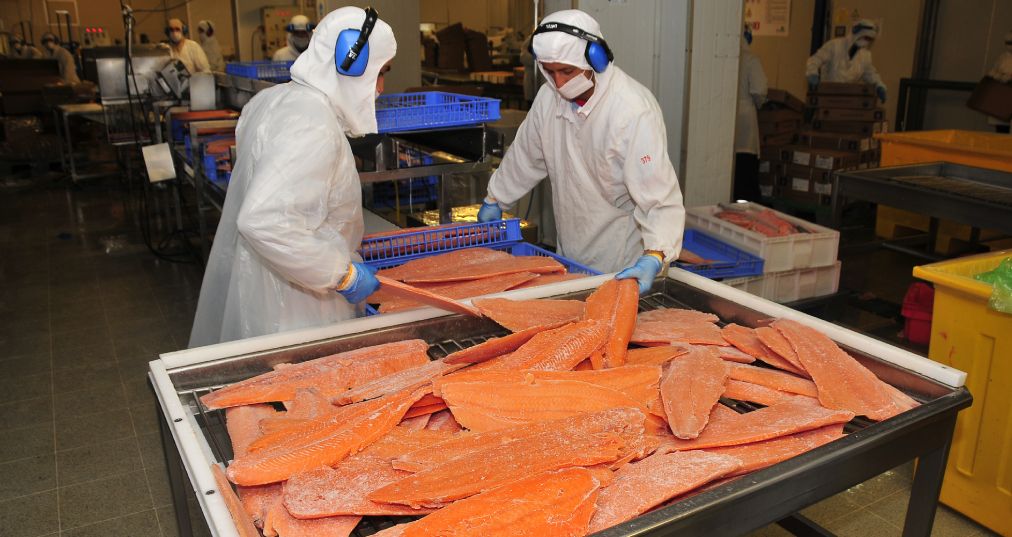Food imports to Tijuana, in northwestern Mexico, were US$1.42 billion, also including agricultural and forestry goods.
This value covers the entire Tijuana metropolitan area.
Of this total, 80% came from the United States and the rest from other destinations, such as Canada, the European Union, China and Chile.
According to information from the U.S. Department of Agriculture, the main categories were the following:
- Wood products.
- Pork.
- Cheese.
- Poultry products.
- Beef.
- Bakery products.
- Food preparations.
Food imports to Tijuana
Currently, the Tijuana market is distinguished by a growing interest in imported products, adapting to the different types of visitors it receives.
Both foreign tourists and local consumers present a profile and spending behavior notably influenced by the proximity and interactions with the United States.
Due to the unique characteristics of this niche, consumer-driven food and beverage is an area with high potential for expansion and development.
Supply chain management is an essential factor in the import of groceries, particularly for short shelf-life items.
The transportation and warehousing network in Tijuana plays a key role in ensuring that food products arrive in proper condition.
Logistics
Despite its relative youth, since it was established in 1889, it is one of the busiest border crossings globally.
It is also considered the most important commercial port of entry in western Mexico.
It acts as a crucial point for agricultural and food imports from the United States to nearby markets such as Los Cabos, Hermosillo, La Paz and Ciudad Obregón.
Although to a lesser degree compared to other border crossings, it also serves as an entry point for products going to large markets such as Guadalajara and Mexico City.
Interestingly, according to the USDA, while Tijuana is easily accessible from the United States by road, air and even rail, it is less accessible from many areas of Mexico.
This situation creates a sense of isolation from the rest of the country and makes Tijuana a strategic logistics and distribution center for northwest Mexico.

